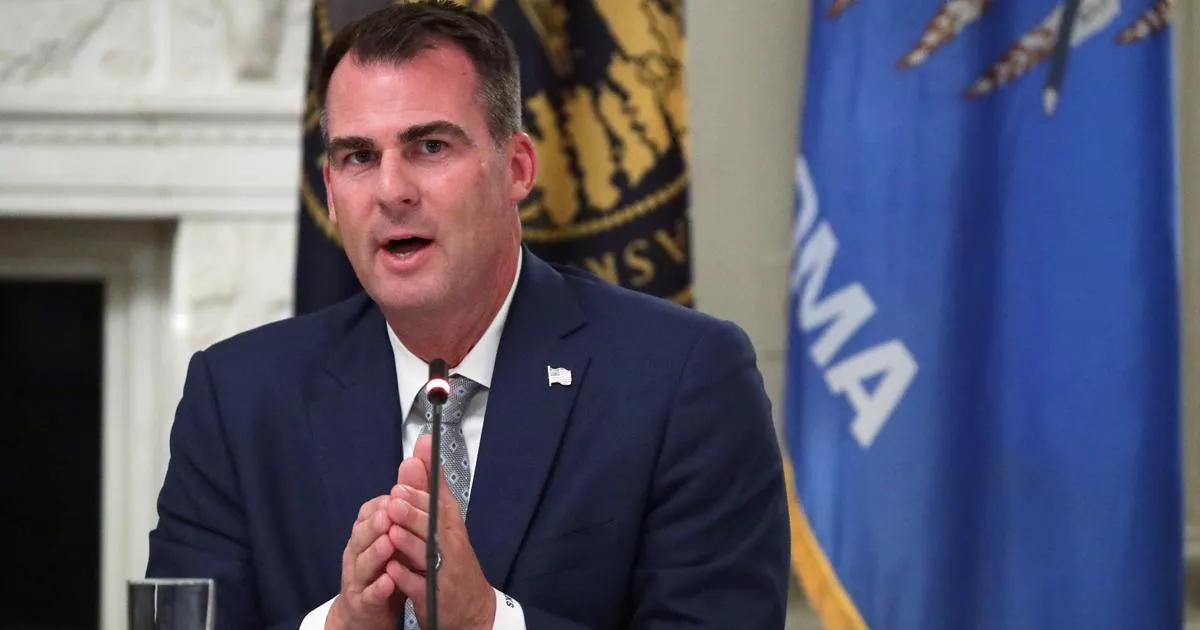
Stitt Vetoes MMIW Bill
Stitt Vetoes MMIW Bill, Citing Race; Advocates Say Native Jurisdiction Makes It Essential
By Cherokee 411 Staff
Cherokee411.com
OKLAHOMA CITY — Gov. Kevin Stitt vetoed a bipartisan bill aimed at supporting efforts to address missing and murdered Indigenous people (MMIP), saying the legislation prioritizes victims based on race. The move sparked swift backlash from Native American leaders and lawmakers who say the veto ignores legal realities that make Indigenous communities particularly vulnerable.
House Bill 3972 would have extended funding for the Office of Liaison for Missing and Murdered Indigenous Persons under the Oklahoma State Bureau of Investigation. The office, created in 2022, serves as a bridge between tribal, local, state and federal agencies in MMIP cases.
Stitt, a Republican and member of the Cherokee Nation, claimed the legislation “injects race-based funding” into the criminal justice system. “Every victim of a crime deserves justice and law enforcement resources regardless of their race,” he wrote in his veto message.
But tribal advocates say Stitt’s veto overlooks the unique legal landscape Native communities face — one that often leaves them without adequate protection or clear jurisdictional support.
On tribal land, serious crimes involving Native victims or perpetrators are handled by federal authorities, not local police. This causes delays and gaps in response time, making Native women and children especially vulnerable.
Native Americans face murder rates more than 10 times the national average in some areas, and jurisdictional complexity is a well-documented obstacle to justice. The FBI, tribal police, and the Bureau of Indian Affairs often share overlapping authority, leading to confusion and slow coordination.
State Rep. Collin Walke, D-Oklahoma City, who co-authored the bill, criticized the veto. “The MMIW crisis is real. The state should not turn its back on Native families just because their jurisdiction is complicated,” he said.
The Office of Liaison has played a critical role in coordinating responses to MMIP cases since its formation. Without renewed funding, those efforts are now in jeopardy.
Tribal nations and advocacy groups are urging the legislature to override the veto. Lawmakers would need a two-thirds majority in both chambers to do so.
This isn’t about race-based funding — it’s about closing the gap in justice.
To learn more about MMIWP please visit: https://mmiwp.org/lander
